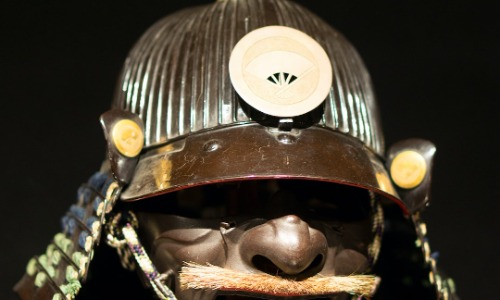The majority of the vassals who built the Kamakura Shogunate with Yoritomo were of common origin. In other words, they did not come from traditional aristocratic families or those related to the Emperor. They later came to be known as samurai.
They held values distinct from the ruling class in Kyoto.
They valued loyalty to their superiors, honor, and frugality.
Originally members of trained armed groups, they gradually began to play the role of administrative officials under the Kamakura Shogunate. As the complexities of warfare decreased, they maintained the spirit of the samurai and, as administrative officials, they began to be attracted to Zen Buddhism as the foundation of their rule over the people. The values they developed – being practical, self-disciplined, robust, and introspective through meditation – gradually came to be known as Bushido, the way of the samurai.
